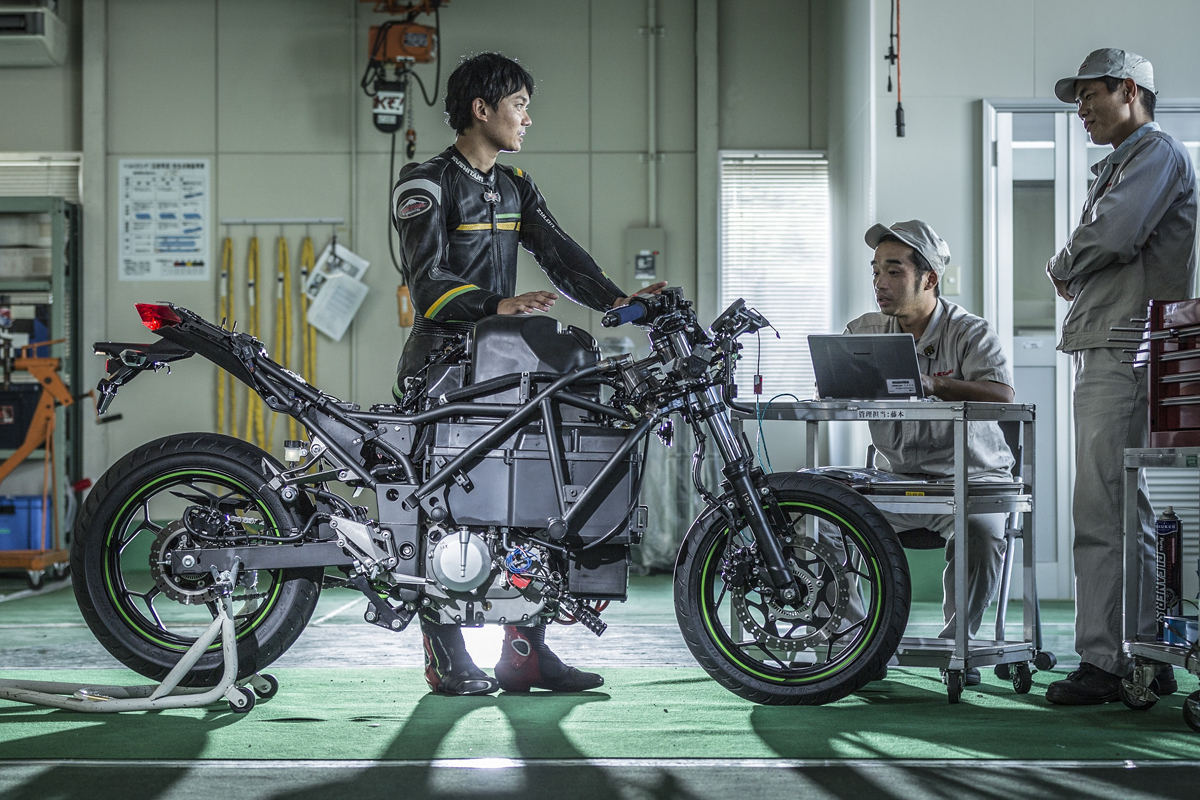
Electricity is being touted as the fuel of the future for motoring and motorcycling. But, is it really the answer to all the problems or is it creating problems all of its own?
Electricity is the fuel of the future, so we are being told. In increasing numbers, manufacturers and countries are declaring dates from which the manufacture or sale of vehicles powered by internal combustion engines (ICE) will be discontinued. The UK has said that no ICE-powered cars will be available from 2030 and Canada has weighed in and said 2035. Volvo has stated that 50% of its range will be electric by 2025 and 100% by 2030. That doesn’t mean that you won’t be allowed to drive your 2029 ICE-powered car after 2030 or 2035 – you’ll be able to drive them until the end of their natural life but expect the penalties to be increasingly draconian.
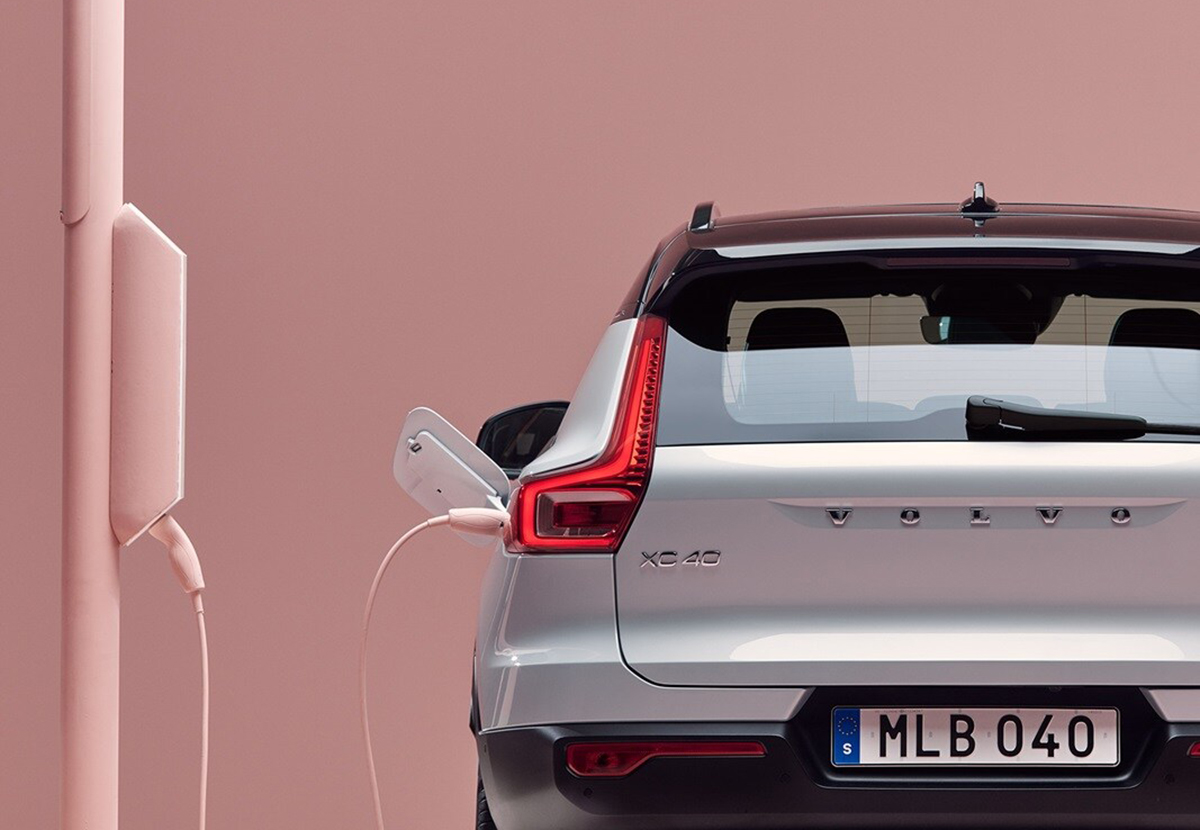
Whilst there can be no argument that this must happen, are we really sure that electricity is the way forward? Yes, in an urban environment it is clean and pollution free but that fact is only serving to hide the bigger problems.
First, let’s look at the problem of electricity production. A vast majority of electricity is still being produced in coal or oil-fired power stations. All this means is that the pollution will be away from urban centres and there will have to be more of them to satisfy demand, which will use more and more coal and oil. Nuclear, solar and wind power generation are viable alternatives but this will take many years to build and configure.
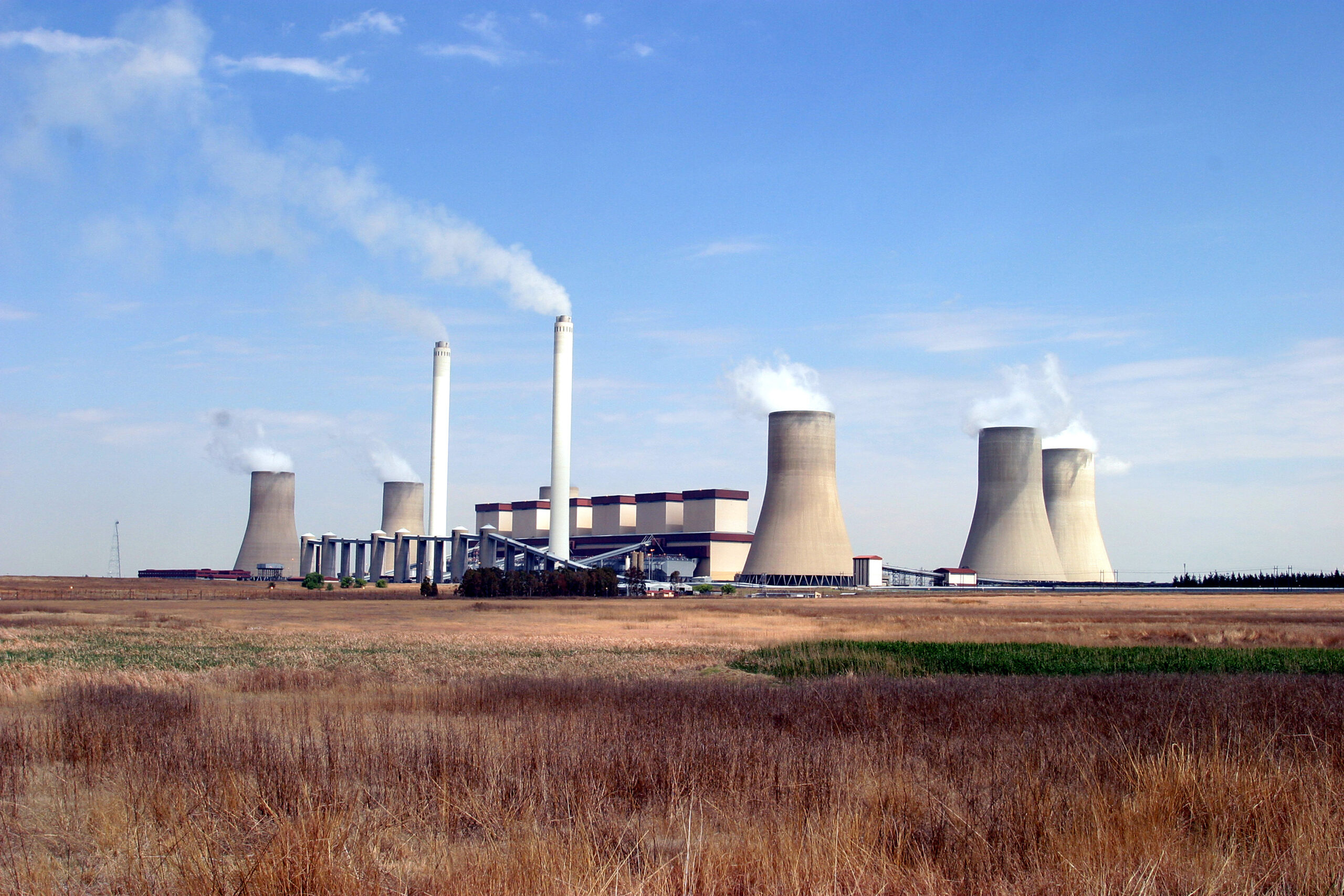
Secondly, there are the economics. Governments around the world make huge amounts of revenue from petrol levies. Do you really think they’ll give up that revenue lightly? So it is likely they will start taxing electricity massively to make up for the shortfall. Similarly, are we to expect the oil companies to roll over and play dead? Not on your nelly. They will continue to pump the same amount of oil out of the ground, but the products made from this oil will shift from petrol kerosene, diesel oil and so on, to other oil-based products such as plastic and we all know where that will lead!
Consider this, also. Is it likely that we will find alternative power sources for aeroplanes, ships and heavy industry in our lifetime? The answer has to be no, so while we may seem to be reducing our reliance on fossil fuels, in actual fact, it remains just the same; it just appears that we are saving the planet by not burning oil in our cars.
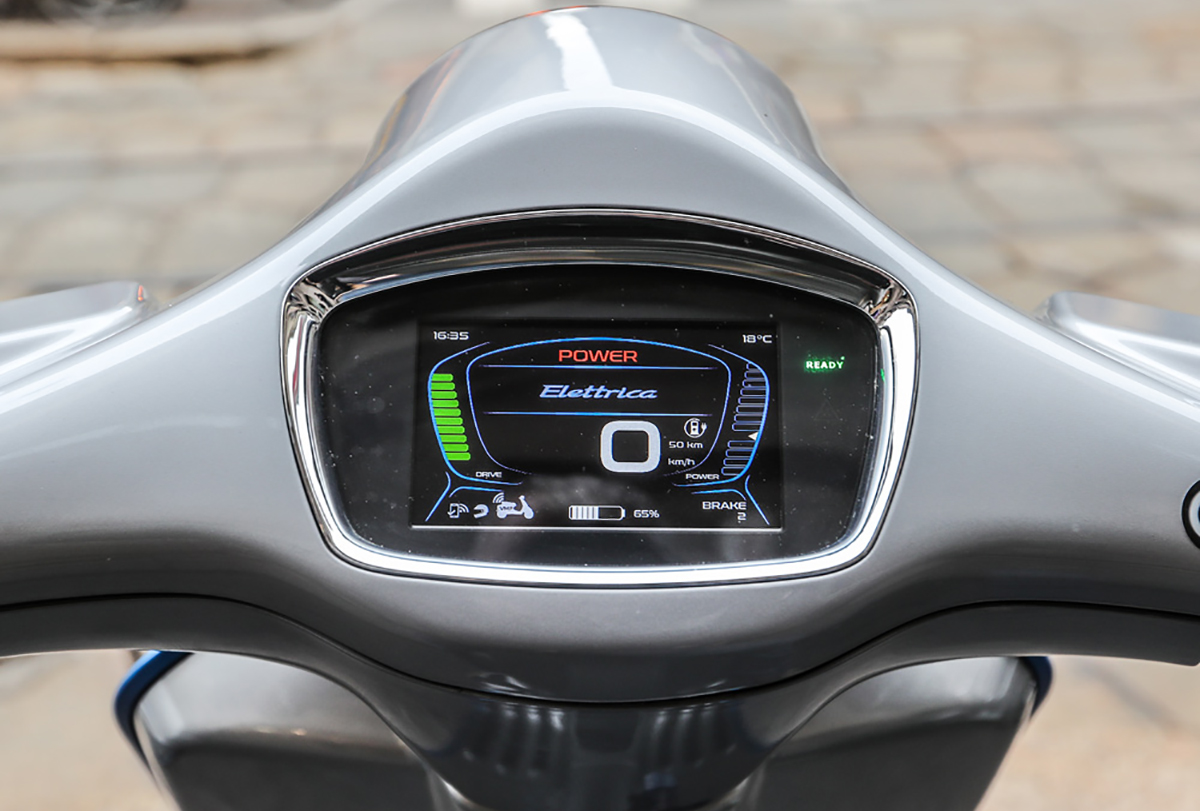
Let’s look now at the electricity infrastructure. As it stands, there is no way it can cope with the current numbers of electric vehicles, let alone a massive increase. Of course, such infrastructure will increase exponentially as we move to an electric future but that only goes part way to addressing the problem. If we look at the idea of charging our cars or bikes while we sleep, how would that work in any major city in the world, where many people don’t have access to a garage or live on the fourth floor while their car sleeps on the street, often nowhere near the house? Unless our streets become infested with thousands upon thousands of charging points, it is just not feasible.
Then we look at the problem of charging times. Again, these will tumble as technology advances exponentially, but even ten or 15 minutes is too long, especially if it gives a range of a few hundred kilometres. Honda, KTM, Piaggio and Yamaha are collaborating on developing swappable battery technology, whereby you simply remove your discharged battery and replace it with a fully charged battery from a charging station; you’d be on your way in seconds. A benefit of such a system would be that, as battery technology improves, it could be incorporated into the existing packaging, meaning, to all intents and purposes, free upgrades as the technology improves.
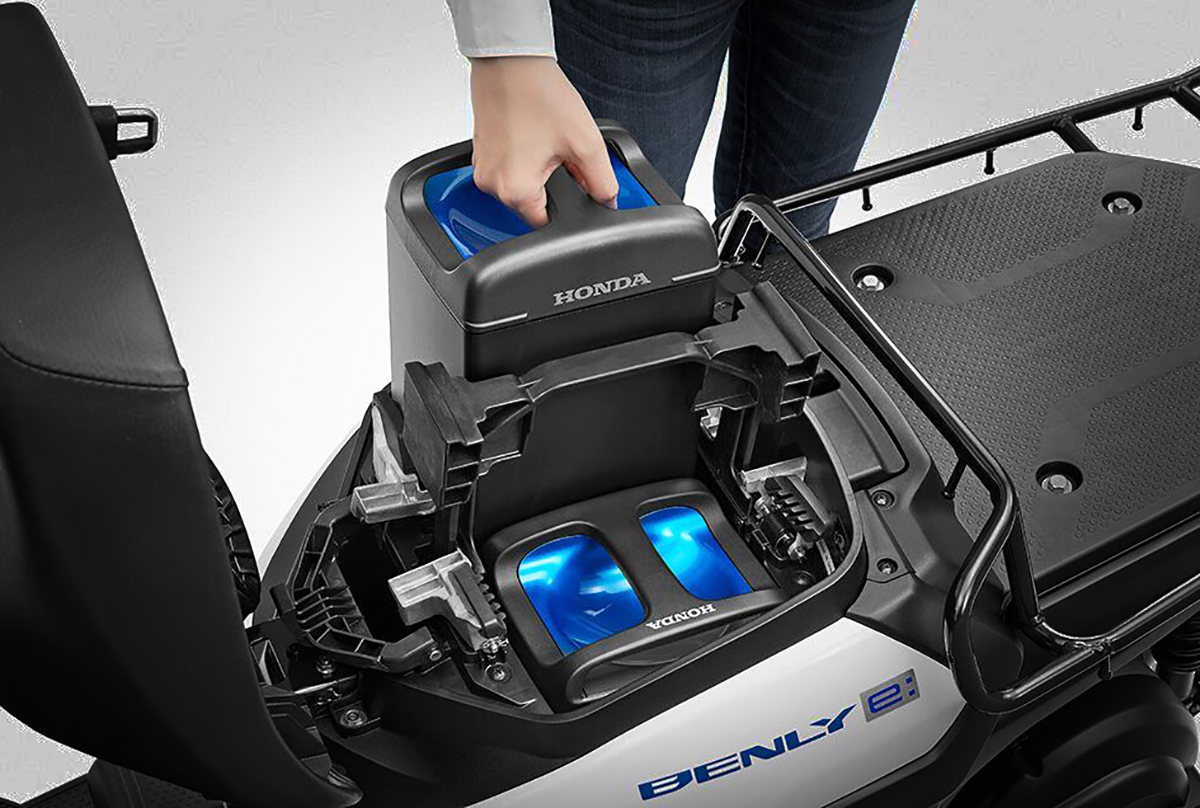
Such technology couldn’t work for cars, with their huge battery packs, but it is a reality for motorcycles.
So far, we’ve covered the production of electricity and the issues with delivering it to an increasingly large infrastructure but they are only two of the issues. If we look at the electricity we use in our homes, all we have to do is plug something in and it works. The appliances don’t move so this is not a problem; we don’t have to store the electricity. But we can’t have endless cables running to our vehicles so they can move; we have to store the electricity and that, of course, means batteries.
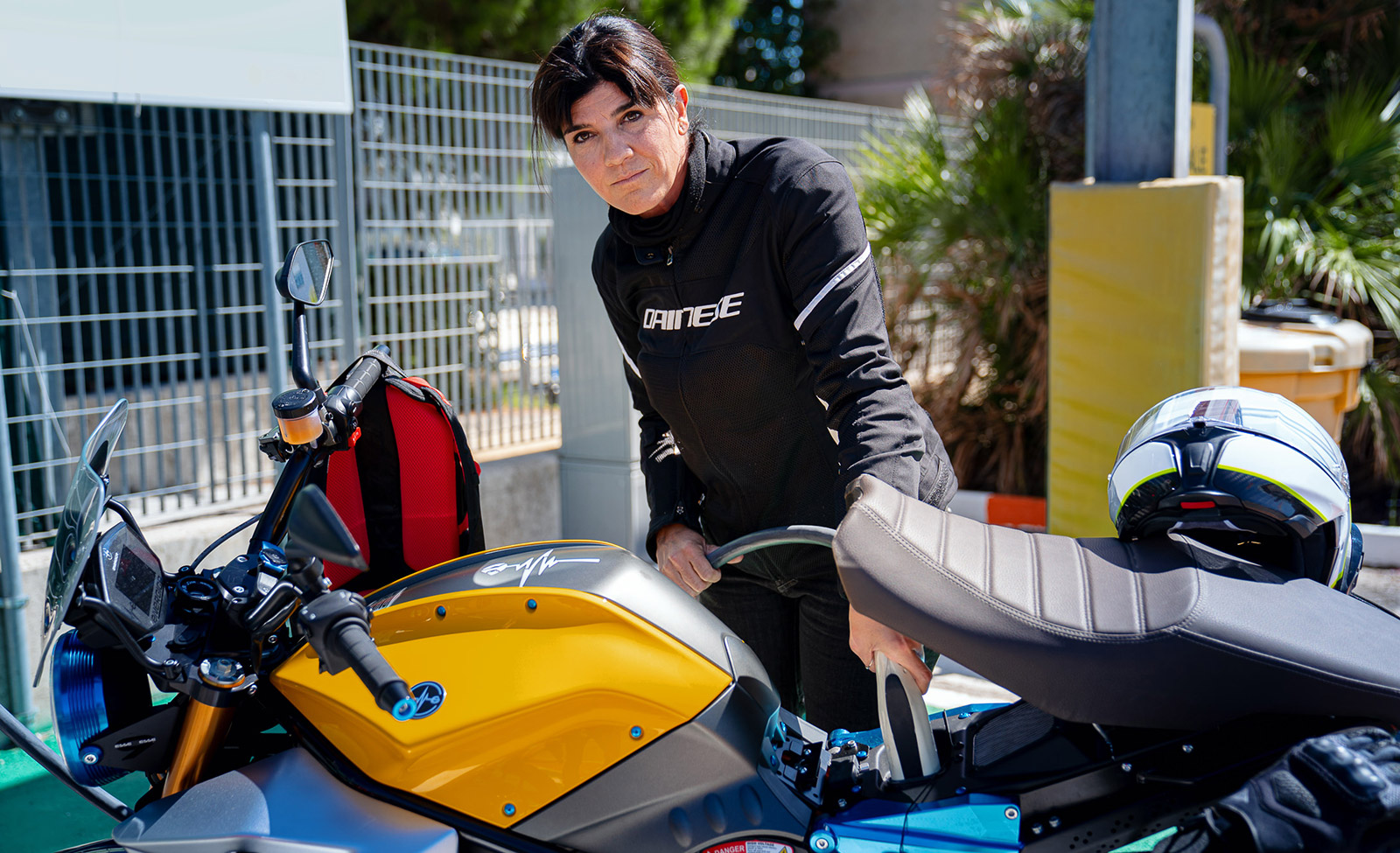
Current battery technology relies on lithium, an essential component. But lithium is a particularly dirty element to mine, using huge amounts of water and causing massive problems. This article in the UK Guardian newspaper goes into the problems in detail and far more eloquently than I could but this one paragraph gives some indication of the bigger issues;
“…natural resource sectors, which include extractive activities like mining, are responsible for 90% of biodiversity loss and more than half of carbon emissions. One report estimates that the mining sector produces 100bn tons of waste every year. Extraction and processing are typically water – and energy-intensive, and contaminate waterways and soil. Alongside these dramatic changes to the natural environment, mining is linked to human rights abuses, respiratory ailments, dispossession of indigenous territory and labour exploitation.”
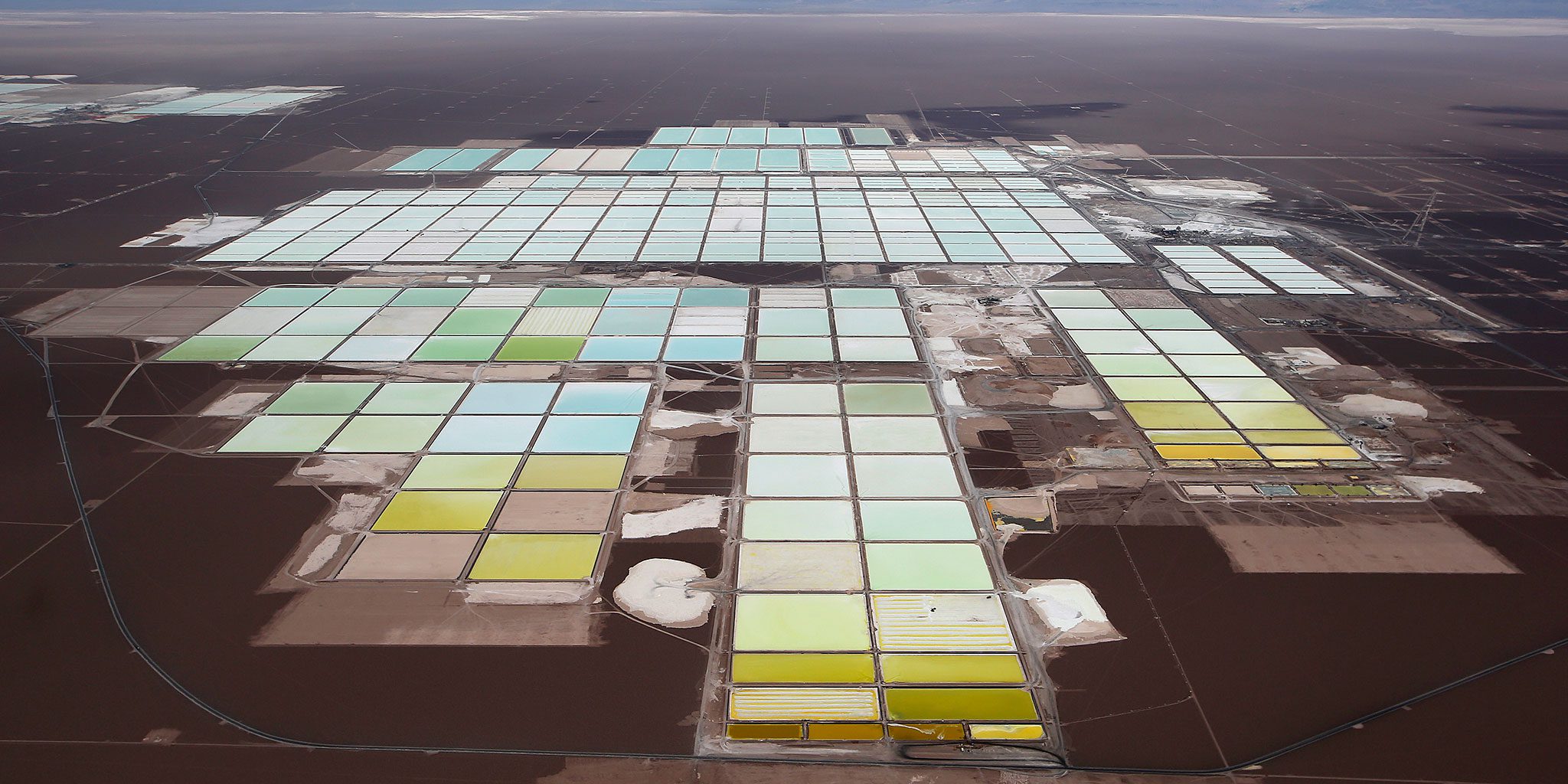
So, whilst we are trying to save the environment and the planet with one hand, we are properly stuffing it up with the other. I mean, 100 billion tons of waste every year! That’s insane. Would we not be better off sticking with oil products? But even that has its problems; at some point, we will run out of oil and to come up with alternatives when that happens, will be too late. We have to start now, but at what price to the planet? We might save our immediate consciences by switching to electricity but, as always, there are issues that we would have never thought of.
No means of providing fuel to keep us mobile is ever going to be harmless to the environment and the people who inhabit the planet and there is no doubt that we will get better at it as time goes on. Or will we? The discovery of oil brought many environmental and health issues, not all of which have been addressed nearly 200 years later. Why should we believe that a massive increase in reliance on electricity will be any different?
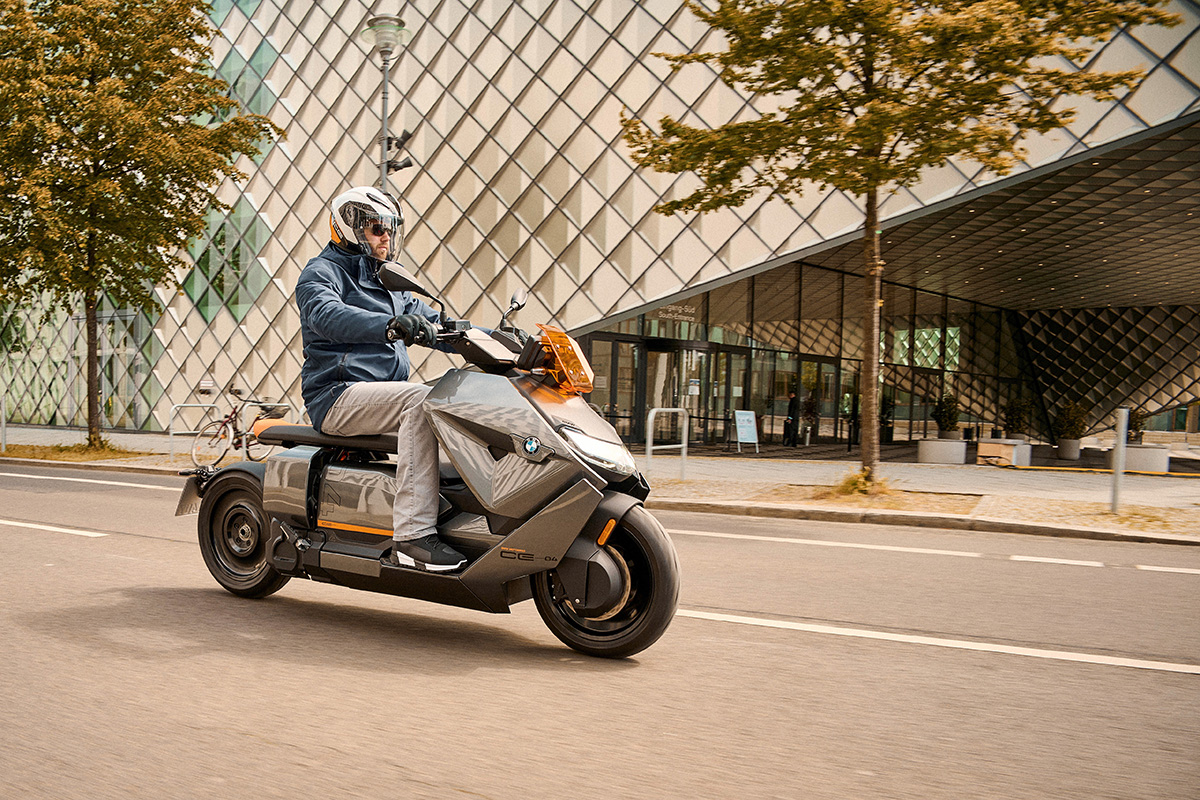
One thing that we can take from this is the rather sobering thought that we are the last generation who will have freedom of choice of what the vehicle we drive will be powered by. Never before have we been told what we can or can’t use but now that day is coming.




